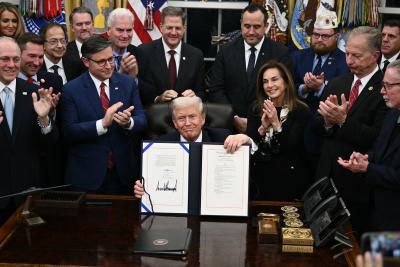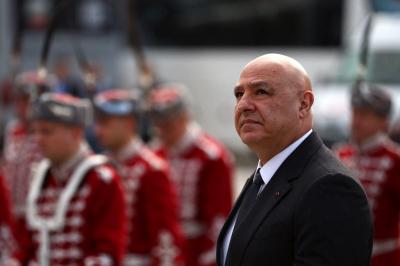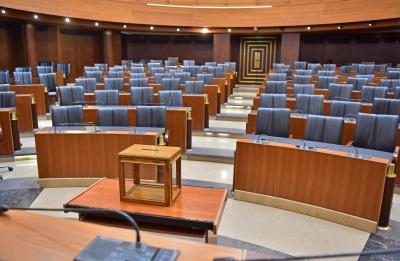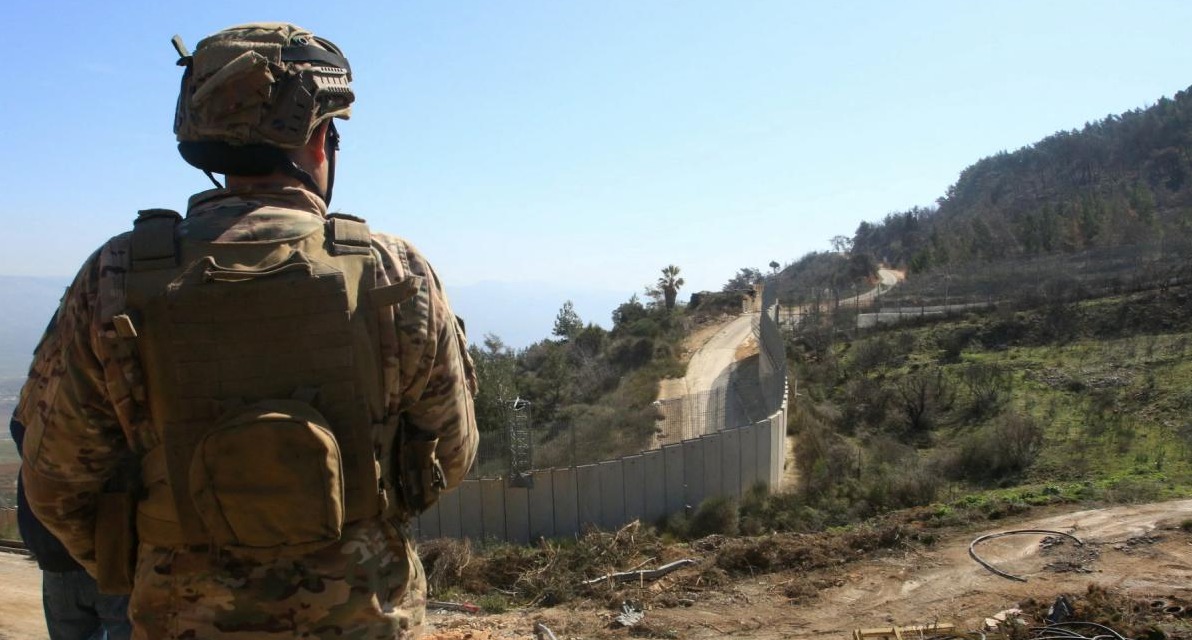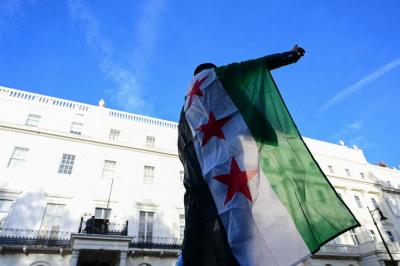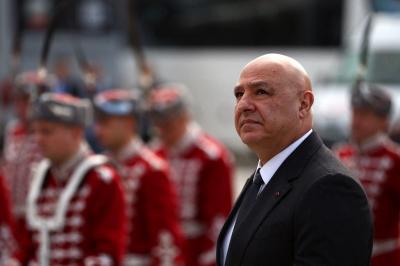In Lebanon today, it seems no conversation between two people is complete without a third, unwelcome participant: fearmongering.
The first alarmist claim? Israel is about to launch a devastating strike—obliterating infrastructure, targeting civilian sites, and perhaps even carrying out a full-scale invasion and permanent occupation of South Lebanon and parts of the Bekaa.
The second? militant groups are gathering at Lebanon’s eastern and northern borders, preparing to invade under the guise of "security operations" aimed at harming Shia and Christian communities.
The third fear factor centers on Ahmed al-Sharaa—better known in the past as al-Jolani, now positioning himself as a political actor. He has declared his ambition to "reclaim" Sidon and Tripoli for Syria, drawing comparisons to former Syrian rulers with similar expansionist tendencies.
The fourth? the same al-Sharaa is now openly confronting the Lebanese state with political and economic threats, invoking the issue of Syrian deposits in Lebanese banks and the fate of Syrian detainees in Lebanese prisons.
Fifth, there’s the familiar specter of civil war, revived any time the government hints at collecting weapons from "Hezbollah" and other armed groups—Lebanese and non-Lebanese alike. Sheikh Faysal Shukr, "Hezbollah"’s deputy leader in the Bekaa, has threatened to "take the lives" of anyone attempting to strip the group of its weapons, stating: “Everything is open for discussion except the weapons.” But why place weapons beyond discussion? Especially when they weren’t used during critical confrontations, and when, since being pulled back from the southern frontlines with Israel, they have lost their stated purpose. Any arms—regardless of the group holding them—that remain in civilian hands now serve only one function: stoking internal strife.
The sixth fear factor came from the U.S. presidential envoy Tom Barrack, who warned that Lebanon might be “absorbed into the Syrian mainland” if the government fails to enforce its pledge to monopolize arms under state control.
What unites all these warnings is a common goal: to instill fear among the Lebanese. A fearful population is easier to control—more willing to accept limited ambitions and to settle for mere survival. After decades of empty promises, many Lebanese are understandably vulnerable to fear-based narratives. However, the truth is that these tactics are losing their grip. People are no longer so easily swayed. Still, vigilance is necessary.
Reaching the scenarios used to fuel this fear would require immense military force, political coordination, economic power, and sustained logistical support—none of which exist among Lebanon’s factions, including "Hezbollah". And those who do hold the keys to regional transformation know that redrawing borders, unless driven by overwhelming local will, comes at a steep cost—financial and human, far higher than maintaining the fragile status quo.
Isn’t it both sad and telling that Lebanon’s national ambitions have shrunk to little more than collecting unregulated weapons? This is the same Lebanon that helped draft the Universal Declaration of Human Rights, co-founded the Arab League, contributed to the IMF, and once aspired to offer its citizens academic, medical, and social security. Today, the country struggles to secure concessional loans and persuade its residents—and those taking refuge within its borders—to relinquish weapons that serve no purpose.
The world won’t wait for Lebanon to finish this out-of-sync dance, with leaders who can’t agree on rhythm, steps, or direction. It’s time the country’s front-row players start dancing to the rhythm of the moment—with skill, clarity, and resolve.
Please post your comments on:
[email protected]
 Politics
Politics


